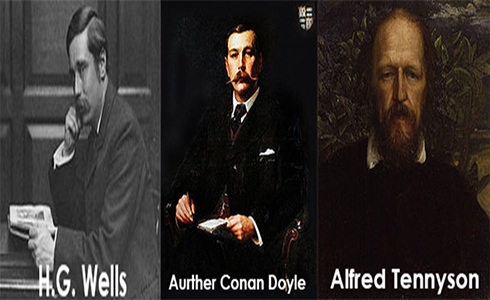type of linker
|
examples
|
broad meaning
|
example
|
cause and effect
|
because, so, accordingly, thus, consequently, hence, therefore, as
|
introduces a reason and shows result
|
We had to wait because, it was raining.
|
comparison
|
similarly, likewise, whereas, but, on the other hand, except, by comparison, when compared to, equally, in the same way
|
identifies similarities between two ideas
|
Life is difficult in extreme polls;similarly, it is horrible near the Equatorial regions.
|
contrast
|
but, however, yet, still, even though, nevertheless, on the other hand, otherwise, after all, for all of that, on the contrary, notwithstanding, in contrast, unlike, whereas, instead of, alternatively, although
|
identifies differences between two ideas
|
Raj did not perform well in the exam; nevertheless, he got a distinction in English.
|
time
|
at once, immediately, meanwhile, at length, in the meantime, at the same time, in the end, when, then, as, before that, after that
|
indicates time and frequency of events
|
The bell rang and the students left immediately.
|
addition
|
and, also, even, again, moreover, further, furthermore, similarly, in addition, as well as
|
adds ideas in support of the main idea
|
It is very hot today; moreover, there is a power outage.
|
example
|
for example, such as, for instance, in this case, in another case, on this occasion, in this situation, in this manner, to illustrate
|
introduces illustrations in support of the main idea
|
I think he is very rich; for example, he gave a hundred rupee note to a beggar.
|
sequence
|
first, second, third, next, then, following, now, at this point, after, after this, subsequently, eventually, finally, previously
|
shows the importance of the ideas by listing according to the priority
|
There is a students’ procession today; therefore, they diverted the traffic.
|
summary
|
in brief, on the whole, in sum, to sum up, thus
|
draws conclusion by summarizing the ideas
|
It is a love story, the actors performed well, the direction is excellent, the settings are beautiful; in brief, it is a good film.
|
|










